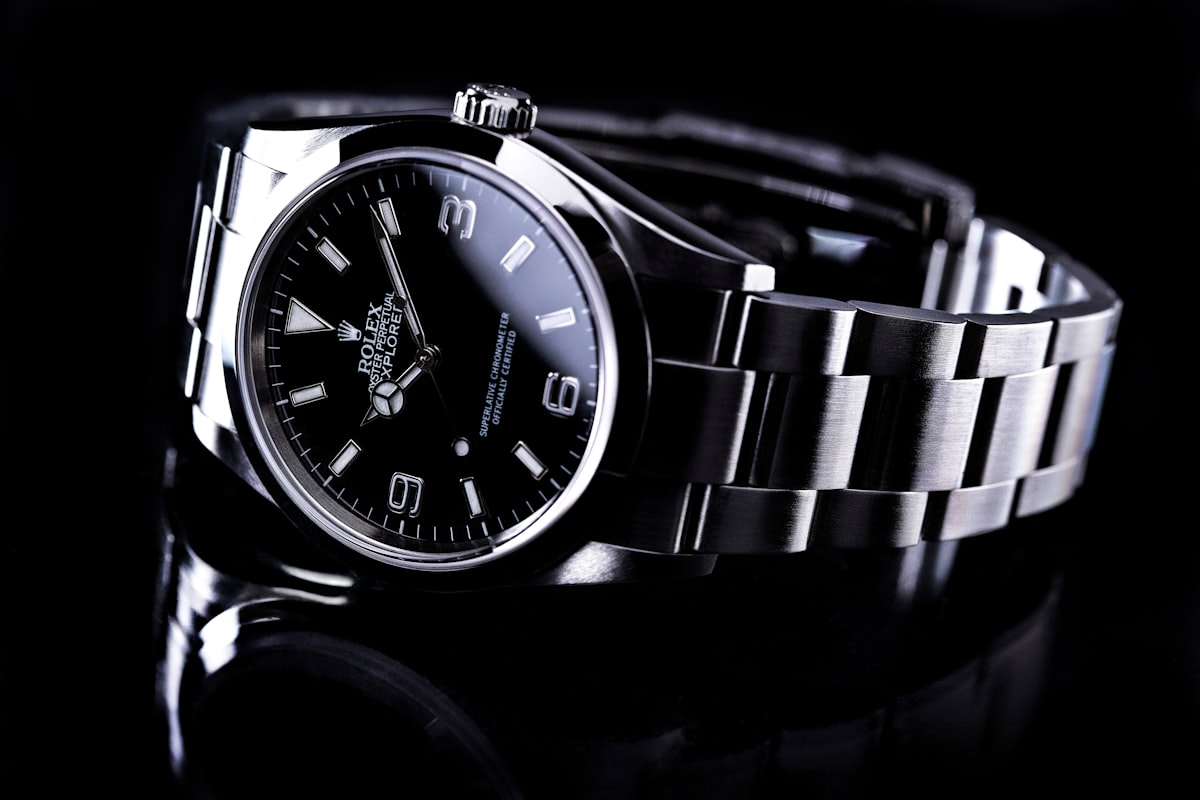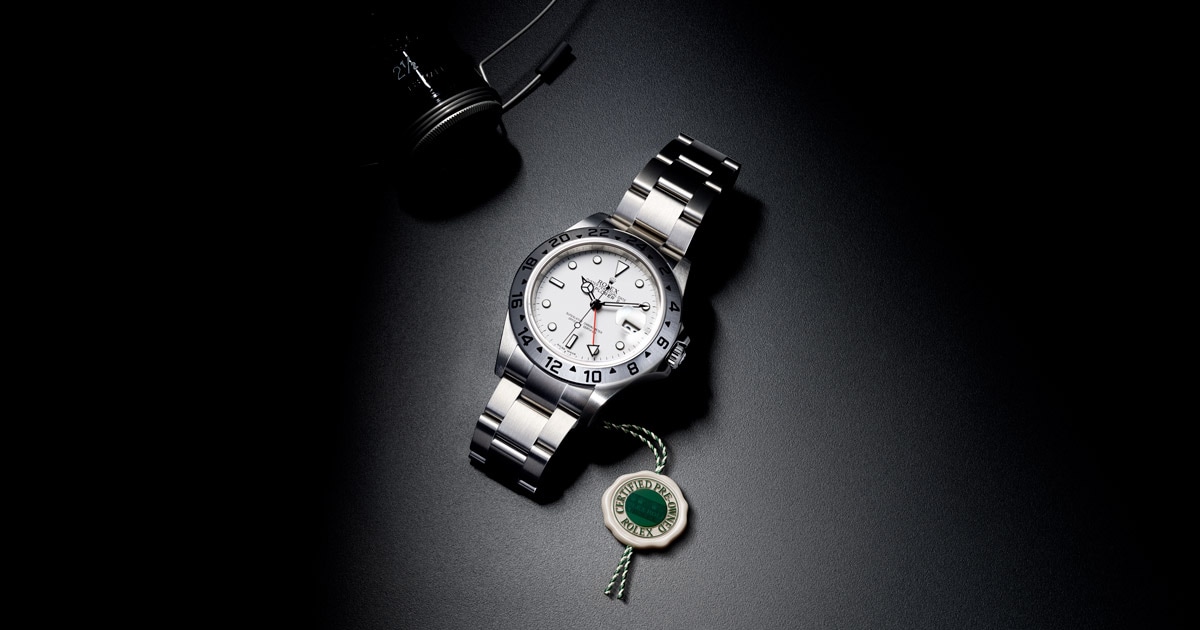🟢 When luxury innovates the second-hand market
Changing your posture in the market, extending new offers to some of the customers you were not reaching out to directly, or simply innovating your services rarely feels groundbreaking. Yet it's a vast field of untapped opportunities.

A few days ago, Rolex launched a program to deliver certification, a guarantee of authenticity, and a two-year warranty for their second-hand watches. It's an interesting move on many levels. We'll try to discuss why it might be interesting for other businesses to think along those lines too.

Why it's innovative
First off, you might consider extending an offer to the second-hand market as just a shrewd sales tactic, but it's far more than that. It's about "changing the market" (my get-go innovation definition) by reaching out to customers of your brand that you never met directly. Worse maybe: customers that you actively ignored as they were not welcome in your flagship stores and official dealerships but had to go through a grey market of their own to access your products.
The paradox is that several second-hand Rolexes have been running well above their retail price for decades. And more recently, the sheer lack of new Rolexes available from Rolex directly created a humongous valuation bubble for people willing to resell their latest models. A 2022 Oyster Perpetual (retail price €5,700) would routinely be sold well above €30,000 at the start of 2022, sometimes even peaking around €45,000. As an international brand, this asks conflicting questions such as a) should you let this happen? and b) why don't you get this money directly?




